Thus Spoke Zarathustra
“When Zarathustra was thirty years old, he left his homeland and the lake of his homeland and went to the mountains. There he enjoyed his spirit and his solitude, and for ten years did not tire of it. But finally his heart changed, and rising one morning with the aurora, he placed himself before the sun and spoke to it thus: ‘You great star! What would be your happiness if you did not have those for whom you shine!…'”
Thus begins “Thus Spoke Zarathustra”, the work of Friedrich Nietzsche that gave rise to the famous tone poem of the same name by Richard Strauss to compose a poem symphonic of the same name. We could enjoy interpreting by the Netherlands Symphony Orchestra and its director Gerd Albrecht last Friday, February 2 at the Tenerife Auditorium within the framework of the 23rd Festival of Music of the Canary Islands. “Also sprach Zarathustra” by Nietzsche left of being philosophical to become poetry, transfigured in etymology that announces the dawn of the superman. The concepts of wisdom, will, and the “will to power” have been always interpreted philosophically, serving in some extreme cases to interests of demonic personalities and methodical ones that Adolf Hitler. Who would have good intentions with Nietzsche is a creator, a free spirit that cannot be compared to dominate in any way.
THE NETHERLANDS SYMPHONY ORCHESTRA SAYS GOODBYE TO THE FESTIVAL OF MUSIC OF THE CANARY ISLANDS, OFFERING A VIBRANT STRAUSSIAN EVENING
However, speaking of domination, rather complex, but that governs its self-affirmation atmosphere. The “will to power” is not impossible to conceive without the “eternal return” and without the “death of God” evoked by Nietzsche, unintelligible to intimate moments of an organism, taken to a maximum expression. This is the overwhelming embriaguez that the reader experiences during the reading of the work. In few occasions it has been achieved a profound proximity to the absolute through thinking unified to a poetic beauty of the caliber and relief.
“Thus Spoke Zarathustra” is one of those works that open new horizons, respectively, since it always gives us magnificient interpretations, really, a mantle of light, that rises 6,000 feet above the hombre and the world. It is not exaggerated to say that the influence of this work on the history is very remarkable, definitively marked not only by philosophy, but also by art and mentality modernas.
Inspired by the sentiment of the poem symphonic of Richard Strauss (1864-1949), we find a very well-known introduction, utilized as soundtrack of the monolith in “2001, a Space Odyssey” by Stanley Kubrick. Strauss was able to capture the festive and luminous atmosphere with a great tragic work. “Thus Spoke Zarathustra” with an interpretation by the Netherlands Symphony Orchestra. We refer to the skilled culmination that believes we have offered in this festival, although the coherence of the imaginative program, Richard Strauss, or perhaps it influenced the most sensible director. A magnificent image of the Totentanz by Franz Liszt inspired by the famous scene of the final opera Salome conformed, a masterpiece of the art, while the second act was devoted magnificently to “Thus Spoke Zarathustra” – the profound, what in its imprinted indefinable in the most marked definitively not only by philosophy, but also by art and mentality modernas.
The necessity of the antenna, precision, but also it is necessary to underline that the strength of the orchestral section of the section and that it harmonizes the general, that it would please to attribute to the modest capacity of communication of Gerd Albrecht with the orchestra. Without embargo, the interpretation was generally notable.
“Thus Spoke Zarathustra”, abandoning its tavern, ardent and strong as the obscure montañas.
David Moratón
El Dia, Tenerife, Spain
3 February
2007

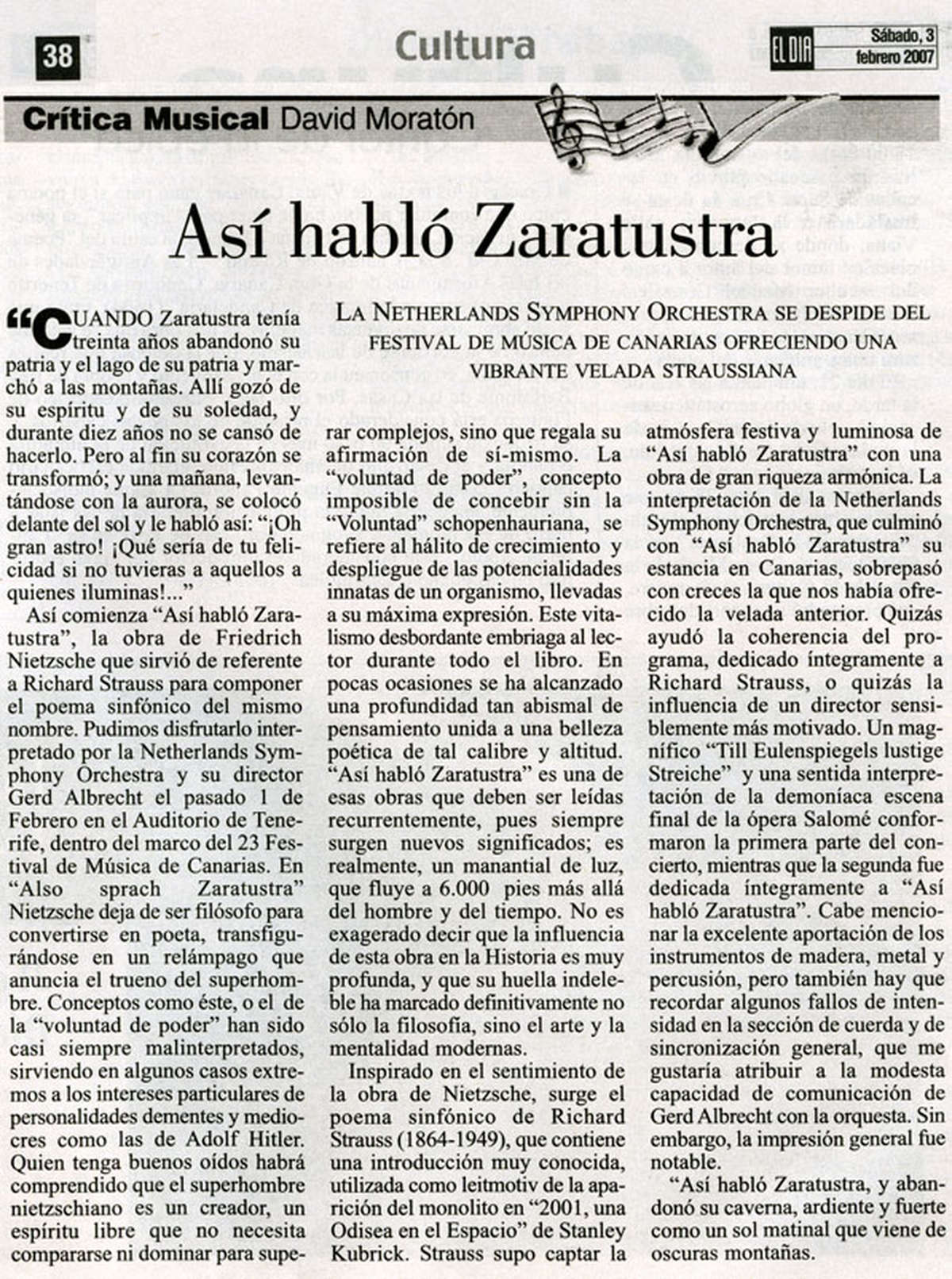
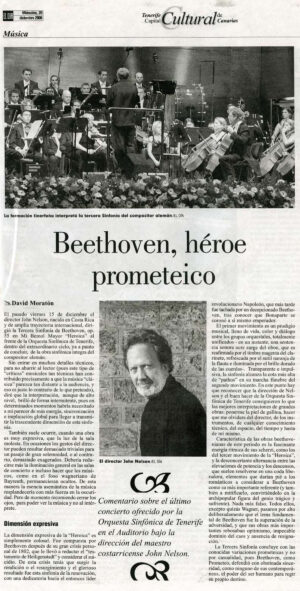
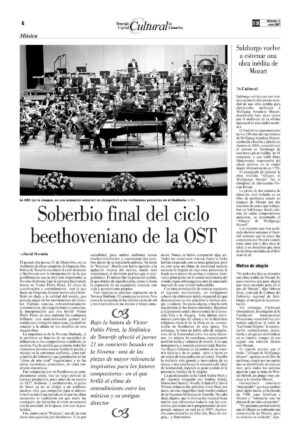
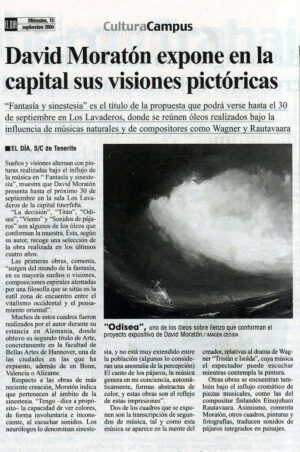
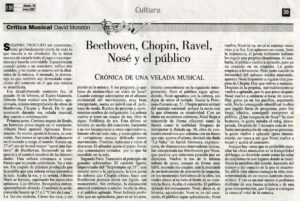
Reviews
There are no reviews yet.